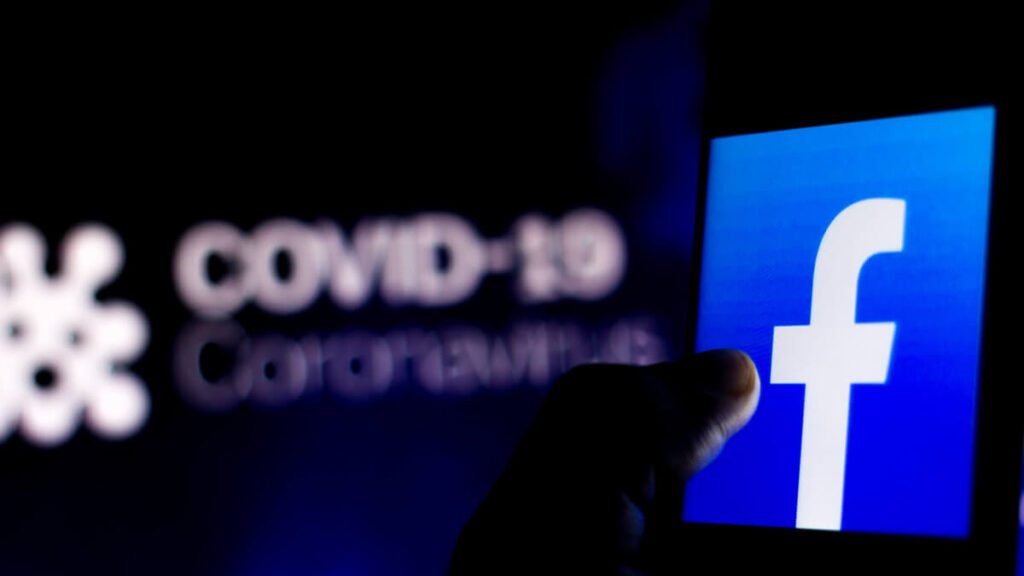Facebook removes anti-vax Russian disinformation campaigns

Facebook announced on Tuesday that it has removed 65 and 243 Facebook and Instagram accounts respectively that were involved in anti-vax disinformation campaigns operating from Russia.
The Big Tech company highlighted in its report that accounts originated in Russia targeted audiences primarily in India, Latin America, and to a lesser extent, the U.S.
Facebook’s investigation found links between this campaign and Fazze, a subsidiary of a U.K-registered marketing firm AdNow, whose operations were primarily conducted from Russia.
The social media network announced that Fazze is currently banned from its platform.
These campaigns used inappropriate tactics to seed and amplify anti-vaccine disinformation campaigns.
The cracked down campaigns came in two stages, separated by five months of inactivity, Facebook’s report highlighted.
During the first wave, that occurred in November and December 2020, the network posted memes and comments claiming that the AstraZeneca COVID-19 vaccine would turn people into chimpanzees.
Five months later, in May 2021, it doubted the safety of the Pfizer vaccine by posting a supposedly hacked and leaked AstraZeneca document.
It is remarkable that both phases corresponded with periods when governments of the targeted countries were reportedly discussing the emergency authorizations for these vaccines.
The core of these campaigns was that they appeared to be held among influencers with pre-existing audiences on Instagram, YouTube and TikTok, as BBC referred to this tactic as “influencer campaign.”
The social media proclaimed influencers used certain hashtags while posting relevant content.
The influencers media behavior appeared to be aligned with Fazze’s advertised services, that include the access to a large list of online bloggers ready to post ads for reasonable pricing.
However, these disinformation campaigns fell flat among the targeted audiences, with nearly all its Instagram posts receiving zero likes.
Only paid influencers’ posts attracted some limited attention.
Nevertheless, the dependency on external influencers was the reason behind the operation’s defeat. According to the company’s report, number of influencers exposed in May the anti-Pfizer efforts in the campaigns.
Additionally, the exposed network among their campaigns created misleading articles and petitions on multiple forums including Reddit, Medium, Change.org, and Medapply.
According to Facebook’s investigation, the English-language petition on Change.org gained only about 550 signatures, and its Hindi-language petition gained less than 900 signatures.
Facebook might not be the only tool for anti-vax promoters. As rates of COVID-19 misinformation and its vaccines spiked online in the U.S. above 400 percent, according to Zignal Labs, AI intelligence cloud that tracks relevant phrases on social media and news outlets.
